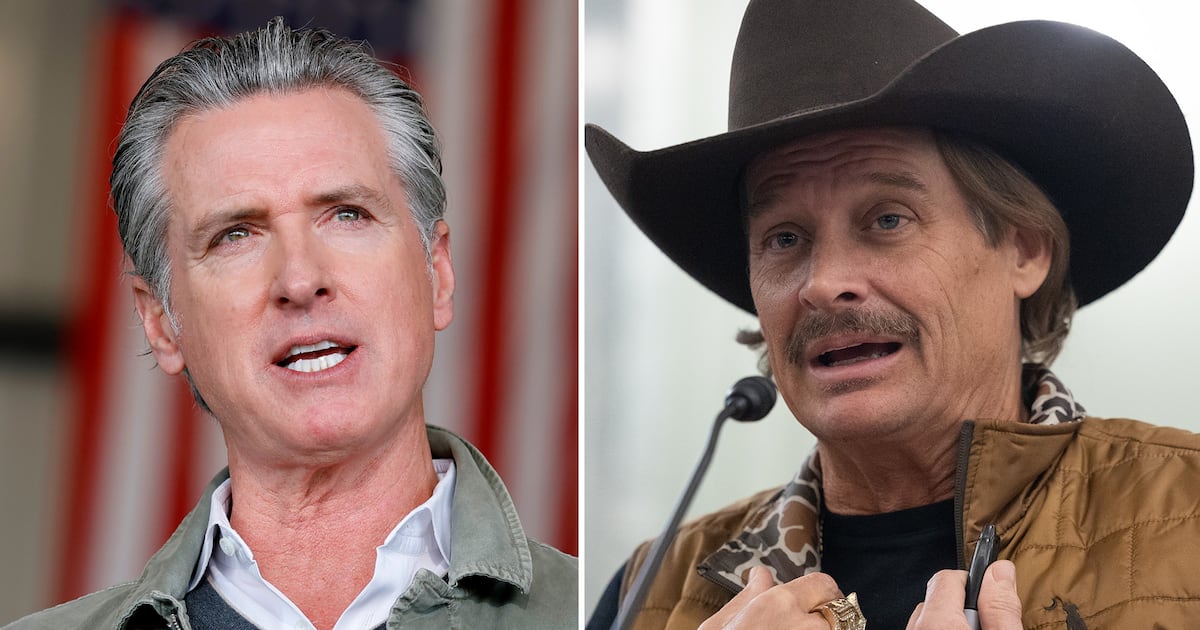Acclaimed political rapper and activist Noname, whose real name is Fatimah Warner, has addressed the controversial Jay Electronica verse on her new song “Balloons,” which has been criticized online for several antisemitic lyrics.
“Here’s the truth,” Noname wrote in an Instagram Story on Sunday. “I am not antisemitic. I don’t hate groups of people. I am against the white supremacy, which is a global system that privileges people who identify as white. I’ve been clear about this for years.”
“I’m not going to apologize for a verse I didn’t write,” the Chicago native continued. “I’m not going to apologize for including it on my album. If you feel like I’m wrong for including that’s fair. Don’t listen. Unfollow and support all the other amazing rappers putting out dope music. Your disappointment truly means absolutely nothing to me, and I say that with love.”
This acknowledgment comes after weeks of backlash from Noname’s fanbase after she announced that Electronica, who once referred to himself as “Jaydolf Hitler,” would be featured on the lead single of her album Sundial, which was released last week. The former spouse of Erykah Badu also defended Nick Cannon and Kanye West during their respective antisemitism scandals. In response to fans’ complaints, Noname threatened to cancel the album on Twitter before deleting her account.
When news of the feature hit in July, fans were quick to point out Electronica’s associations with The Nation of Islam, which the Southern Poverty Law Center has designated as a hate group. The religious organization is helmed by inflammatory leader Louis Farrakhan, who’s been accused of promoting antisemitic theories for decades. Electronica, who’s a longtime member of the Nation of Islam, gives the controversial activist a shoutout in his verse on “Balloons,” which fans finally heard last week.
“If anybody asks, tell ’em Farrakhan sent me,” the 46-year-old New Orleans native raps on the Noname song. Earlier in the verse, he implies that the war on Ukraine is a “hoax,” calling the nation’s Jewish president Volodymyr Zelensky a “joke.” Another bar invokes an antisemitic conspiracy theory about the Rothschild family’s control of global wealth: “Saw the Roth family in half to get my clout back.”
To many of Noname’s fans, the collaboration seemed entirely out of touch with her socially conscious brand. In 2018, the 31-year-old was called out on Twitter for tweeting that “capitalism isn’t evil,” which prompted her to do her own research on the subject—to the point where she currently identifies as a communist. Since making that radical pivot, she’s been particularly critical of artists like Jay-Z, Beyoncé, and other high-profile figures in Black music who promote the notion of “Black capitalism.” In 2020, she garnered scrutiny after she seemingly criticized Beyoncé’s Afrocentric musical project Black Is King.
On Sundial’s sixth track, “Namesake,” she once again calls out Jay and Bey, as well as Rihanna and Kendrick Lamar, for performing at the Super Bowl Halftime Show following their previous boycotts of the National Football League during the organization’s fallout with Colin Kaepernick. Additionally, she started Noname’s Book Club, which spotlights radical books and locally owned bookstores by people of color, in 2019.
Before “Balloons” was released, it seemed possible that the inclusion of Electronica was a messy, albeit major, oversight on Noname’s part. But now, with the explicitly problematic verse out in the world—along with her equally problematic non-apology— fans are wondering if Noname actually supports the rapper’s harmful rhetoric, which has historically crept its way into certain “radical” Black spaces and been embraced by a handful of figures in hip-hop.
Time will tell if this incident will be another hard-won lesson for the activist or a step in a troubling direction.






